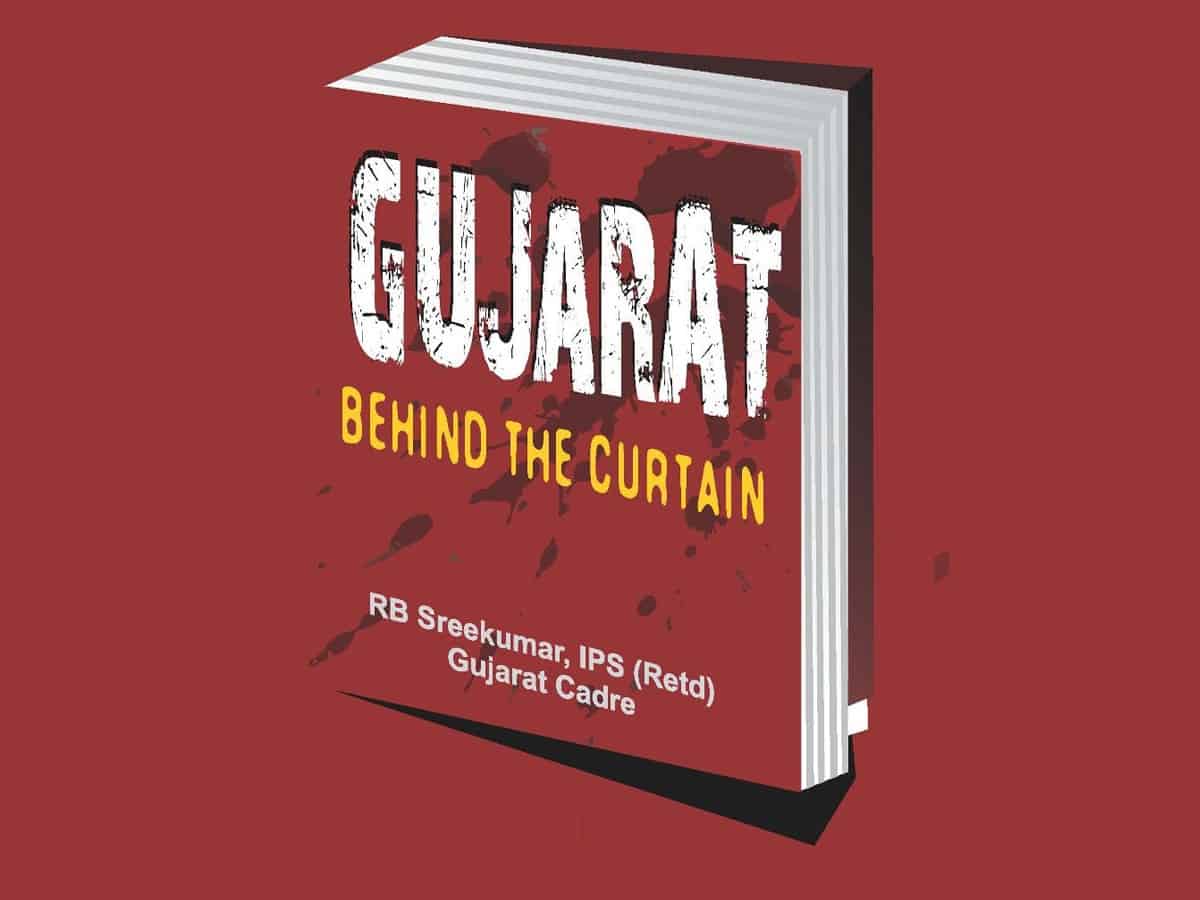Former Gujarat Director General of Police R.B. Sreekumar contended in his 2016 book that at least 6 IAS and 7 IPS Muslim officers were indifferent to the saffron rioters that caused the Gujarat pogroms in 2002 and were working in close connection with the state government lead by then chief minister Narendra Modi.
Through his book titled, ‘Gujarat: Behind the Curtain’, Sreekumar reveals his experiences working in the state police department at the time of the Gujarat Pogrom. The complicity of members within the Muslim community was one of the horrifying realities he encountered during the period.
He recounts from his personal experience how 96 innocent people were killed after a Commandant of the SRPF and his second-in-command, a DySP (both from the Muslim community) ignored his written orders to give asylum inside the SRPF barracks to 500 Muslim families seeking shelter from the mob.
He wrote, “On February 28, 2002, when I was in office, Khurshid Ahmed (IPS, 1997 batch) Commandant of SRPF, Headquartered at Saijpur Boga near Naroda Patiya, where 96 persons were killed by evening of that day, informed me by phone that about 500 Muslim families threatened by attacking mobs were seeking asylum inside the camp, secured by compound wall and armed sentries. He wanted specific orders for letting these private persons inside the SRPF Battalion Headquarters. In response, I immediately sent a fax message directing the Commandant to accommodate those seeking protection in the vacant barracks… Afterwards, I came to know that the Commandant had refused entry of refuge seekers in empty SRPF barracks and consequently, they had become victims of riots at the hands of marauding brigands. Most of the 96 people killed in the evening in Naroda Patiya were reportedly from this group of Muslims who were denied asylum in SRPF campus.”
Sreekumar noted in his book that Khurshid Ahmed later got posted at a sought-after post as Deputy Commissioner of Surat City and his wife Shamina Husain as District Development Officer of Valsad District and afterwards as Collector of Surendranagar district. Dysp Qureshi (Khurshid’s second-in-command) also got awarded a President’s Police Medal for distinguished service, a medal which is rarely given to SRPF officers.
The Gujarat Pogroms were a three-day period of intense communal violence directed largely against Muslims in Gujarat. The state government and police have been repeatedly accused of being complicit in the violence, with then chief minister Narendra Modi being accused of instigating and condoning of the pogroms.
Sreekumar also alleged in his book that on February 27, 2002, the chief minister Narendra Modi called a meeting of the high-level officials at his residence where he said police generally give equal treatment to Muslims and Hindus but this time Hindus will be given a chance to express their wrath.
The pogroms were believed to have begun after a burning of a train in Godhra, which killed 58 Hindu pilgrims who were returning from Ayodhya after a religious ceremony at the demolished Babri Masjid site. The official story was that the burning of the train was planned and executed by people under orders from Pakistan.
However, the Concerned Citizens Tribunal (CCT) in 2003 and a committee set up by the Union government lead by the Indian National Congress (INC) in 2005 both concluded that the fire was an accident.
Official figures of the Gujarat riots put deaths at 1,044, out of which 790 were Muslim and 254 Hindu. CCT on the other hand in a report said that as many as 1,926 people may have been killed.

